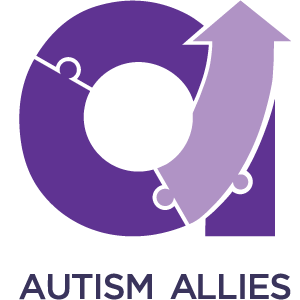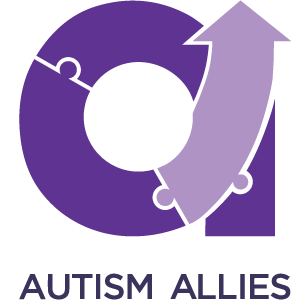FAQ
Autism Allies FAQ
- What is Applied Behavior Analysis?
Applied behavior analysis is a process in which applied and/or basic research is utilized to areas of social significance. The overall goal in terms of ABA for individuals with autism is to increase overall independence as much as possible. This can involve developing skills around socialization, communication, and daily living skills.
- How will ABA change my child’s behavior?
There is no single treatment package that will work universally. Each treatment package will be independently developed for a client and be used with reinforcement. Through consistency and reinforcement-based strategies, we strive to make as much progress as possible.
- What does the intake process look like?
Once you have a confirmed diagnosis of Autism, begin by filling out an intake application on our website. From there, a BCBA (Board Certified Behavior Analyst) will contact you. The steps needed to complete an intake include:
- Parent interview- This is to gather relevant background information on your family and child.
- Observations/ Assessments- Once the background information is achieved, one to two observations will be conducted as well as a series of assessments. This is to determine the areas in which we can most help your child and get a better idea of what sessions will look like.
- Completion of the report- An intake report will be completed by a BCBA and sent off to your insurance company pending their approval. Once the report is sent, it is up to the insurance to send the authorization back to us.
- What does receive ABA services through Autism Allies provide me with?
- Direct sessions- Sessions can take place at your home and/or center depending on clinical needed. Sessions will be over seen by a BCBA and performed consistently by a direct staff trained to work with your child.
- Potential for Social skills groups- Every Saturday we have a group of client’s presents to work exclusively on social skills from 10-3.
- Parent Education- One of our goals is to provide you with additional skills and knowledge to help your child overcome some of the obstacles they may encounter on a day-to-day basis from a BCBA.
- What is a BCBA / what does a BCBA do?
- A BCBA is a Board-Certified Behavior Analyst that has a Master’s degree as well as met the BACB’s Standards.
- Following assessments, the BCBA will develop goals for your child to work on and create a program binder. This will be where the BCBA writes programming and tracks overall progress.
- A BCBA will conduct staff training/ supervision training. Initially, a BCBA may be present for the majority of sessions.
- The BCBA overseeing your child’s sessions will also be the one working with you on parent education. This is to ensure individualization.
- What is a direct staff and what can I expect from them?
Direct staff are RBTs (Registered behavior technicians), RBTS in training, or have elected not to take the RBT track. Regardless of the path a direct staff chooses to take, they will all be trained on how to implement programming, as well as the behavior plan. Once they are trained, direct staff will be the one’s collecting data, performing programming, and implementing the plan.
- What is a behavior plan?
A behavior plan is document that outlines the manner in which sessions should be conducted. Informaiton regarding behaviors to decrease, behaviors to replace, and a system of reinforcement can be found here (among other information).
- What does a session look like?
The structure of a session will vary on a client-by-client basis. For some clients, the process may involve “pairing” while slowly introducing demands. During sessions, family are always welcome to observe and interact, but this may not be necessary. Sessions will typically involve periods of free time, followed by periods of instruction. These periods of instruction will involve a variety of teaching methods where the direct staff will provide your child the tools to learn new skills/improve upon existing ones.


